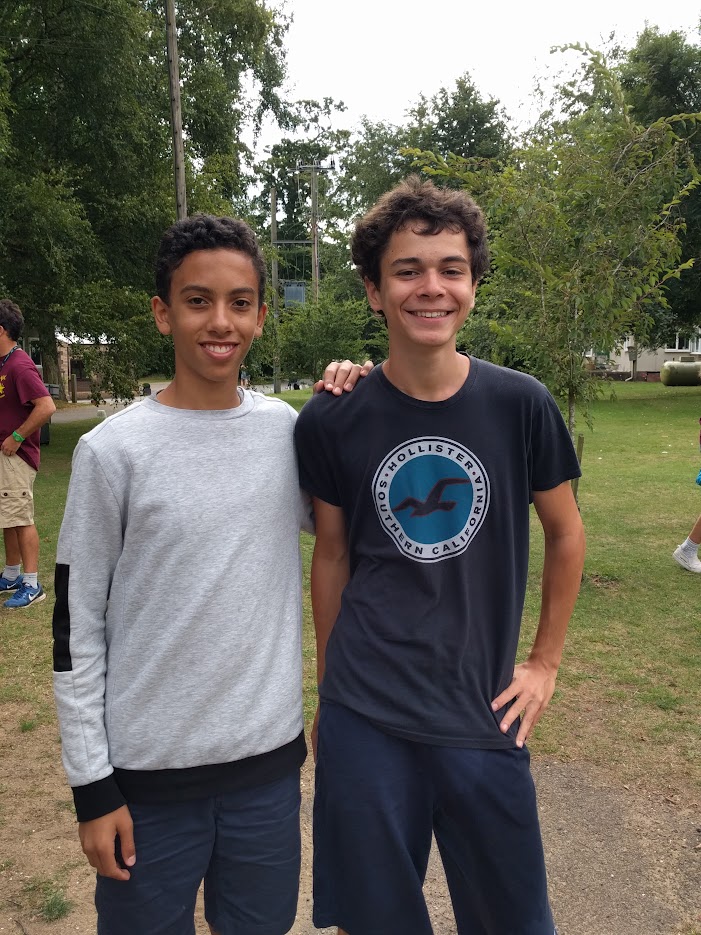Soliya. A great, joyful opportunity to break barriers – both personal and cultural. I say that because, in the very beginning, I was somewhat uncomfortable, somewhat anxious of talking. Yes, I had been to an international camp and done this before, but that was well over 6 years ago; besides, it was in-person. Though, this did not stop me from participating a lot, but I still overthought every single thing I said, scrutinizing the slight hesitant undertones of my voice cracks. I was also reluctant to share some viewpoints in the beginning so as to not risk offending others. However, come the very first exercise of the session (which came at the end of the session), I was taken be surprise. The exercise prompted us with a set of five categories – personality, family, religion, friends, and nationality – asking us to take our time, and arrange them in order of importance. I almost forgot to mention we had a diverse group – three Americans, a Palestinian, an Italian, a Moroccan, and two Egyptians (myself and a classmate). So, I couldn’t help but think to myself: no doubts the group will very much differ over the orderings. However, it seemed that we almost reached a consensus over the three-most important categories (religion, family, and friends), with some proposing even similar justifications (to what I had in mind) for these orderings. So that was extremely interesting, getting to know that – right off the bat – notwithstanding our seemingly diverse identities, people share more principles, interests, and/or ideas that what one might think of. Along the way I made some judgments, which is something I do frequently, about some colleagues which in hindsight seems to have been utterly untrue. As such I learnt how to actually tone down that attribute (a little bit, perhaps). Besides that, as someone who likes to predict what others are going to say based on what they’ve said so far and, therefore, kind of interrupt/ interject them, I kind of tamed that aspect, learning how to actually listen to the speaker, put myself in their shoes, and think deeper on how their backgrounds/ culture might have influenced them into arguing or bringing forth their current opinions. This helped me a lot in making real-time reflections and actually decide whether I need to reply or add something to the dialogue. Speaking of dialogue, Soliya helped conducting group-level discussions without the aim of winning or proving the “other side” wrong; just the exchange of opinions and offering insights on current world events suffices. All of this, in my opinion, was made possible by many factors: the facilitator, most notably. She made sure everyone, to the best of their technical abilities, had their cameras on, which was good for morale (the subtle nods make a huge difference, yes). She basically shepherded the conversation by introducing topics, activities, and even transcribing each of our notable respective statements. She made sure everyone participated in every single discussion by asking those who hadn’t spoken yet, which seemed slightly overwhelming but made a difference for me as I sometimes I was reluctant and hesitant to speak (especially in the first session). Then she gave us spaces at the beginning and by the end of each session to talk with each other, discuss issues that our countries face, cultural norms, even gun violence and ownership with fellow Americans, and catch up on how our week was like. I feel so lucky to have taken part in this program, I learnt a lot about myself and I believe I became much more confident when speaking and getting to know people who come from different backgrounds. I am definitely enthusiastic about going to an internationally diverse place, whether it be a semester abroad, during masters, or even in the form of internships.


Provide Feedback